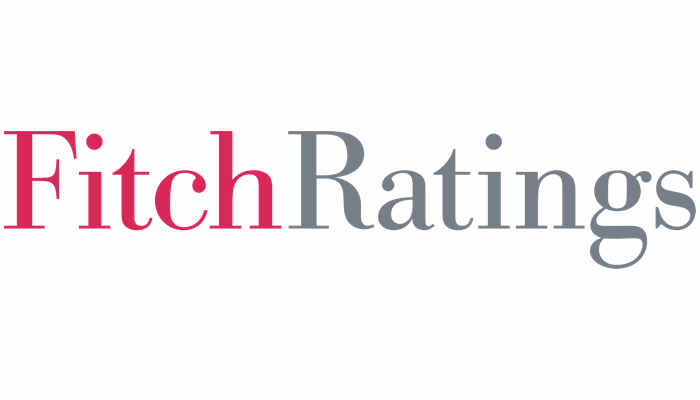

A recent analysis by Fitch Ratings indicates that European Union insurers are poised to maintain a minimal exposure to cryptocurrency assets if the European Insurance and Occupational Pensions Authority’s (EIOPA) proposal to set the Solvency II risk charge at 100% is implemented. This recommendation reflects the inherent volatility and risks associated with crypto assets.
Fitch explains that the European Commission sought EIOPA’s advice to ensure a prudent approach to cryptocurrency assets within the Solvency II framework. Currently, due to the absence of a clear classification for these assets under Solvency II, they are categorized as either intangibles or Type 2 equities—those not listed in regulated EEA or OECD markets.
Moreover, the rating agency warns about the potential hidden crypto exposures through investments in bonds or equities. Insurers who invest in firms engaged in crypto-related activities or that hold crypto as treasury assets might inadvertently amplify their risk profile.
Fitch suggests that the proposed high charge will likely act as a significant regulatory deterrent against substantial investments in crypto assets. EIOPA’s stance is that no diversification benefit should be assumed due to limited evidence supporting it. Furthermore, they recommend that crypto assets be classified under the intangibles module in the standard formula, implying that hedging strategies would not be acknowledged, and the gross crypto position would be fully charged. This approach is notably stricter than the one being adopted for banks by the Basel Committee on Banking Supervision.
Fitch estimates that even a minor allocation—less than 1%—into crypto assets could trigger a double-digit reduction in an insurer’s Solvency II ratio, depending on the charge applied to the asset class being replaced.
Currently, EU insurers seem to display minimal appetite for crypto investments. As per EIOPA data, direct exposure was a mere 0.0068% of sector assets at the end of 2023. This reflects insurers’ apprehensions regarding the extreme price fluctuations, potential market manipulation, and security challenges inherent in crypto assets.
Notably, over 90% of crypto exposure is concentrated in Luxembourg and Sweden, where such investments are typically structured within funds, including exchange-traded funds, and held on behalf of unit-linked policyholders. Consequently, the market risk is borne by the policyholders, leaving Solvency II ratios unaffected.
Fitch concludes that the proposed 100% charge would be the most stringent applied to any asset class under the Solvency II standard formula market risk capital requirement, mirroring the recorded volatility of leading cryptocurrencies like Bitcoin and Ethereum. In comparison, equities encounter charges between 22% and 49%, with adjustments based on equity market levels to mitigate pro-cyclicality. Real estate investments are charged at 25%, while some private credit investments face relatively modest charges. For instance, mortgage loans of adequate quality are only subjected to counterparty credit risk under Solvency II, with no market risk charge if the loan-to-value ratio is below 60%.
ENGLİSH
4 gün önceSİGORTA
4 gün önceSİGORTA
4 gün önceSİGORTA
7 gün önceSİGORTA
9 gün önceSİGORTA
9 gün önceDÜNYA
18 gün önce 1
Elon Musk’s Father: “Admiring Putin is Only Natural”
11502 kez okundu
1
Elon Musk’s Father: “Admiring Putin is Only Natural”
11502 kez okundu
 2
xAI’s Grok Chatbot Introduces Memory Feature to Rival ChatGPT and Google Gemini
10454 kez okundu
2
xAI’s Grok Chatbot Introduces Memory Feature to Rival ChatGPT and Google Gemini
10454 kez okundu
 3
Minnesota’s Proposed Lifeline Auto Insurance Program
9430 kez okundu
3
Minnesota’s Proposed Lifeline Auto Insurance Program
9430 kez okundu
 4
Introducing Vivo Y300 Pro+: A Blend of Power and Affordability
7374 kez okundu
4
Introducing Vivo Y300 Pro+: A Blend of Power and Affordability
7374 kez okundu
 5
What’s the best car insurance for seniors?
6030 kez okundu
5
What’s the best car insurance for seniors?
6030 kez okundu
Veri politikasındaki amaçlarla sınırlı ve mevzuata uygun şekilde çerez konumlandırmaktayız. Detaylar için veri politikamızı inceleyebilirsiniz.